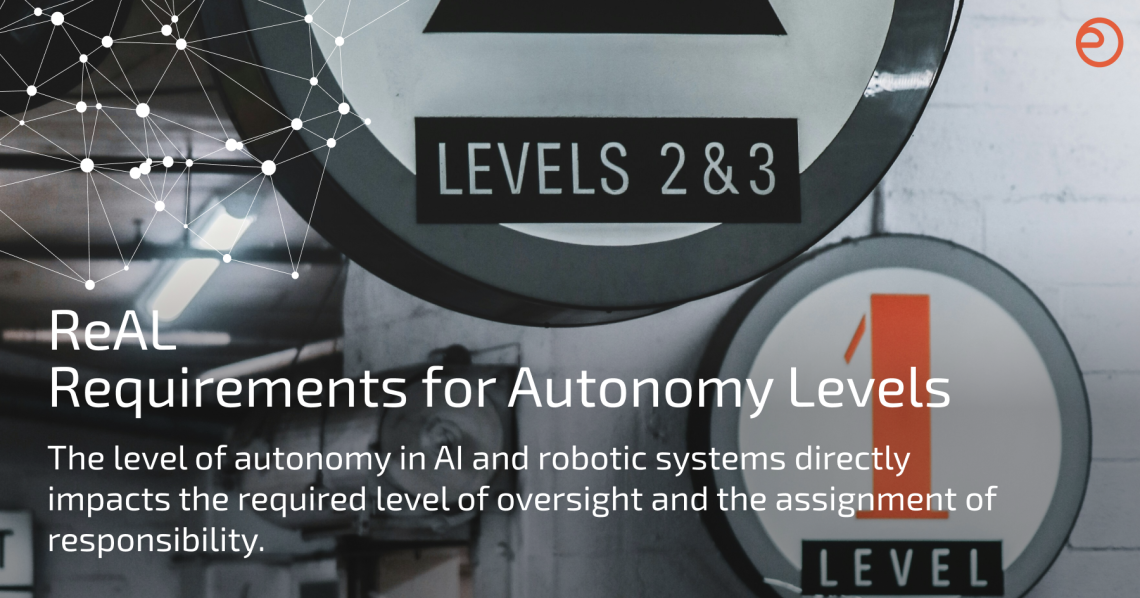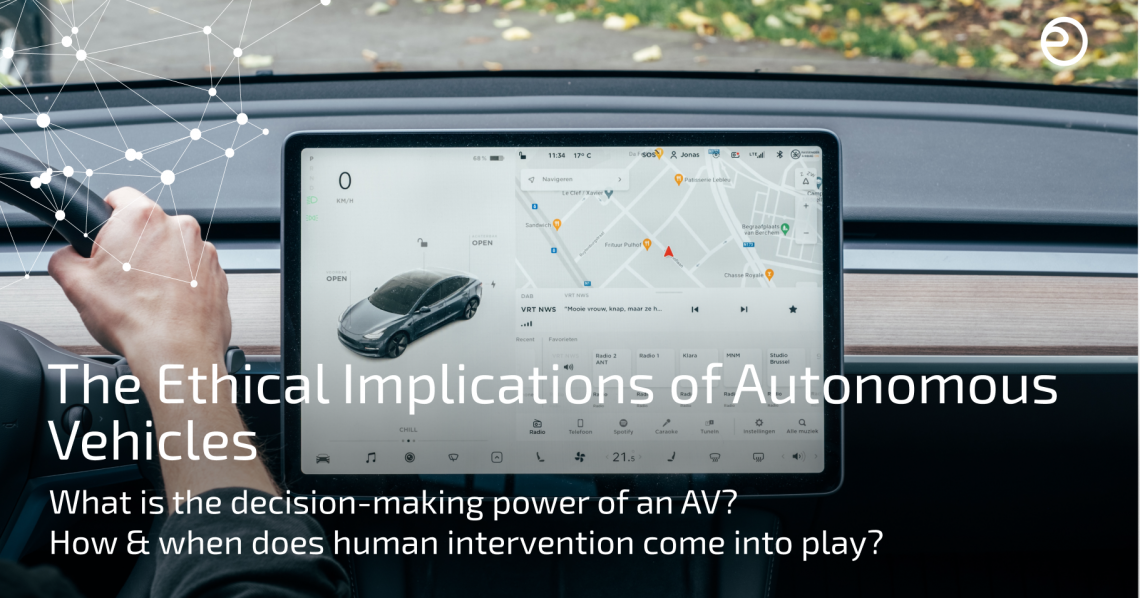Understanding the autonomy level of a system is crucial for making informed decisions about its integration, design, and operation. It allows you to determine how much human intervention is required, the necessary level of oversight, and the decision-making authority the system should have. By knowing the autonomy level, you can ensure the system operates effectively, efficiently, and safely, while also addressing ethical concerns, managing risks, and optimizing performance.
Read MoreSelf Driving Car Ethics: Beyond A Glorified Trolly Problem
The self-driving cars ability to accurately decide on which lives to save and which to sacrifice very much depends on its ability to detect each and every one of those lives to begin with.
Is there a risk of self-driving cars identifying some pedestrians but not others? The short answer is yes, there is. While the famous philosophical dilemma, commonly known as “the trolly problem”, is not completely irrelevant, there are much bigger ethical fish to fry.
The Ethical Implications of Autonomous Vehicles
But what can go wrong? We’ll take a look on how people relate to AVs, we’ll assess the risks of self-driving cars through the looking-glass of ethics & immerse ourselves into an ethical design approach as a potential solution to everything we’re about to cover..
Autonomous Vehicles & their Levels of Automation
What decision does a self-driving car take in case of imminent, fatal accident? What happens in case of data poisoning if someone hacked the system and hijacked your car? And moreover, do you trust the technology enough to buy a self-driving car to begin with?




